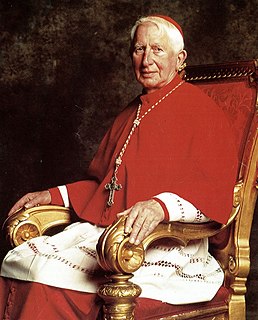A Quote by Francois de La Rochefoucauld
The shame that arises from praise which we do not deserve often makes us do things we should otherwise never have attempted.
Related Quotes
The greatest human virtue bears no proportion to human vanity. We always think ourselves better than we are, and are generally desirous that others should think us still better than we think ourselves. To praise us for actions or dispositions which deserve praise is not to confer a benefit, but to pay a tribute. We have always pretensions to fame which, in our own hearts, we know to be disputable, and which we are desirous to strengthen by a new suffrage; we have always hopes which we suspect to be fallacious, and of which we eagerly snatch at every confirmation.
Shame usually follows a pattern—a cycle of self-recrimination and lies that claims life after life. First, we experience an intensely painful event. Second, we believe the lie that our pain and failure is who we are—not just something we’ve done, or had done to us—and we experience shame. And finally, our feelings of shame trap us into thinking that we can never recover—that, in fact, we don’t even deserve to.
Shame has its place. Shame is what you do to a kid to stop them running on the road. And then you take the shame away, and immediately, they're back in the fold. You should never soak anybody in shame. It's the prolonged existence of shame that then flips out into destructive rage. We can't exist in that. It's like treacle.
Why God should want and need us is a mystery. But it is true: otherwise he would not have created us and life would ultimately have no meaning for us. It is good to remember that in God the is a constancy, a consistency of attitude which never changes, irrespective of what we are or how we act: he never changes in is wanting us or needing us.
Jokes are great capsules of information. I think they should never be censored. They often are offensive - and we're offended by different things - but I believe deeply in what Freud wrote of their relationship to the unconscious, which is that jokes come to help us. We laugh so as to dispense with, or to express, some ambivalence or discomfort with the things around us. That's what laughing is: a release.
In trouble we are prone to forget all that we have heard and read that makes for our comfort. Now what is the reason that a man comes to think of that which otherwise he should never have called to mind? The Holy Spirit brings it to his remembrance; He is a Comforter, bringing to mind useful things at such times when we have most need of them.

































